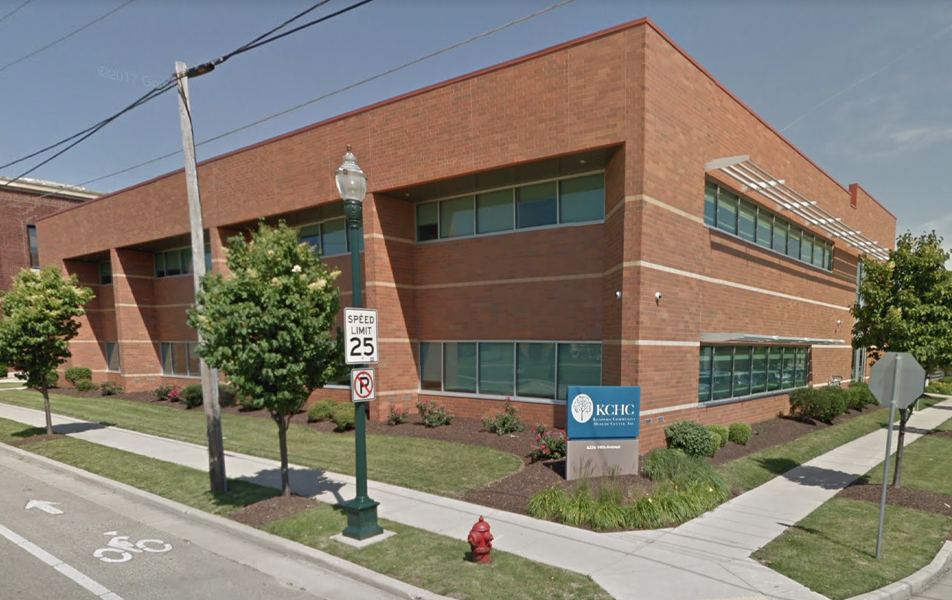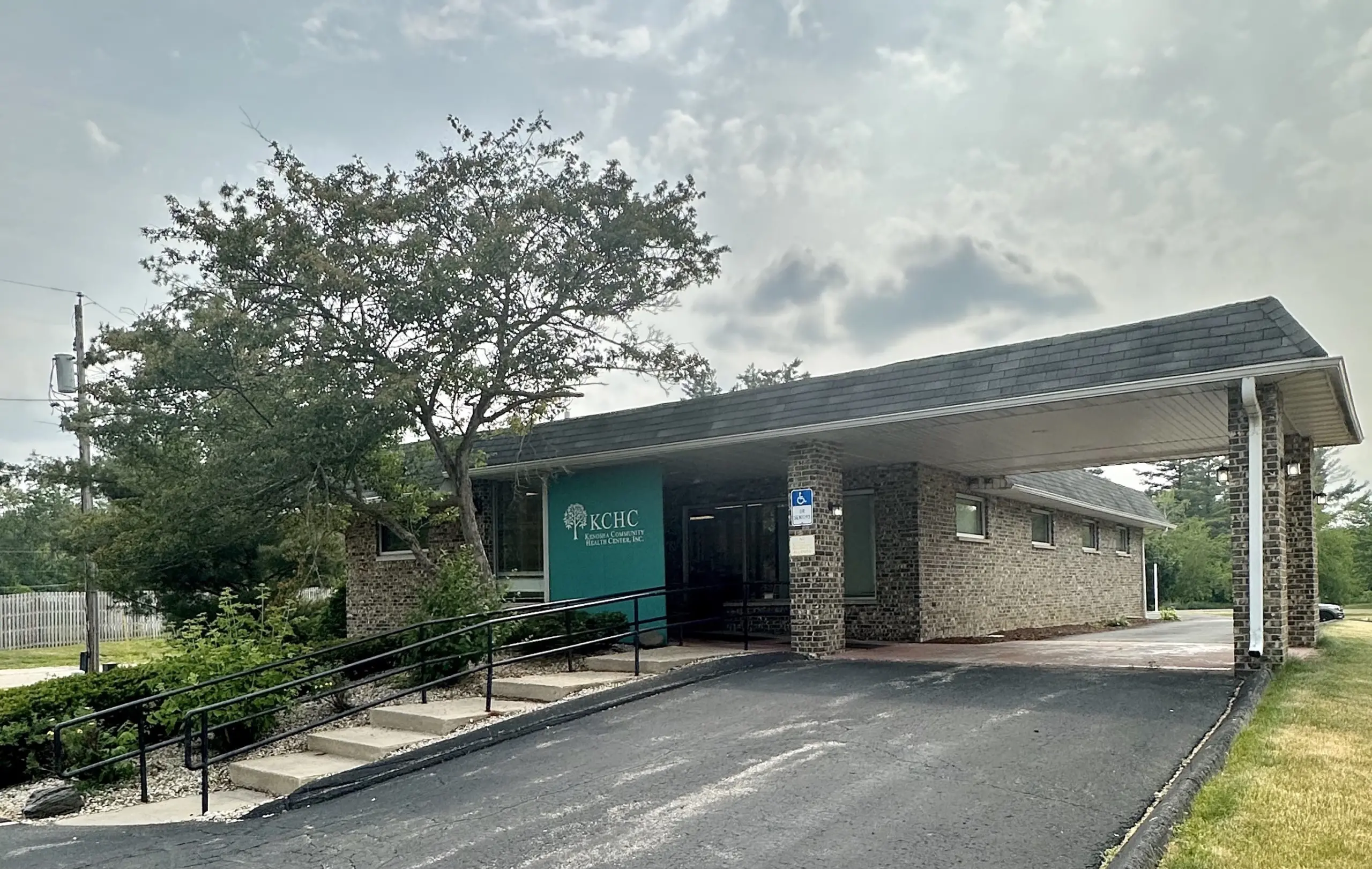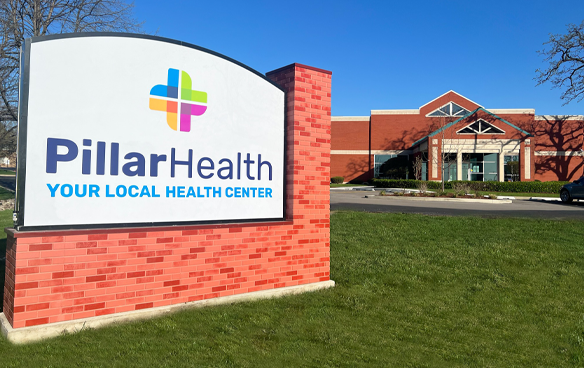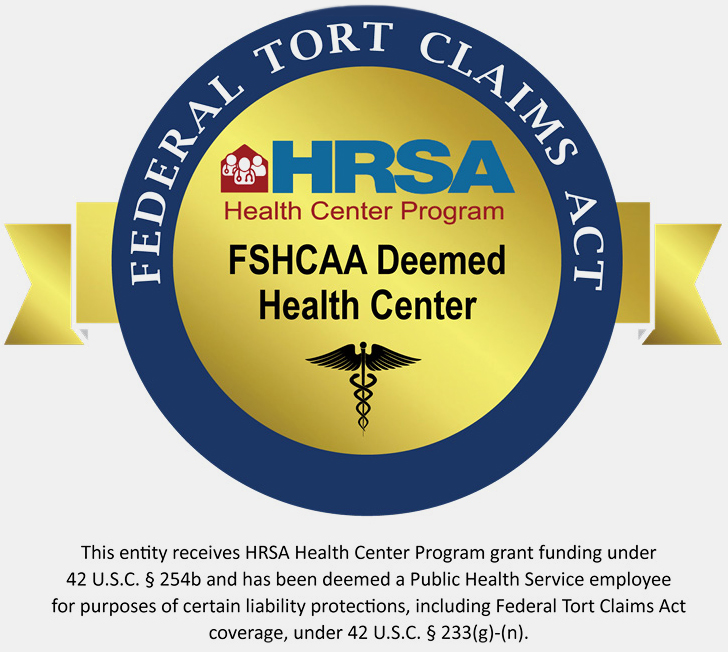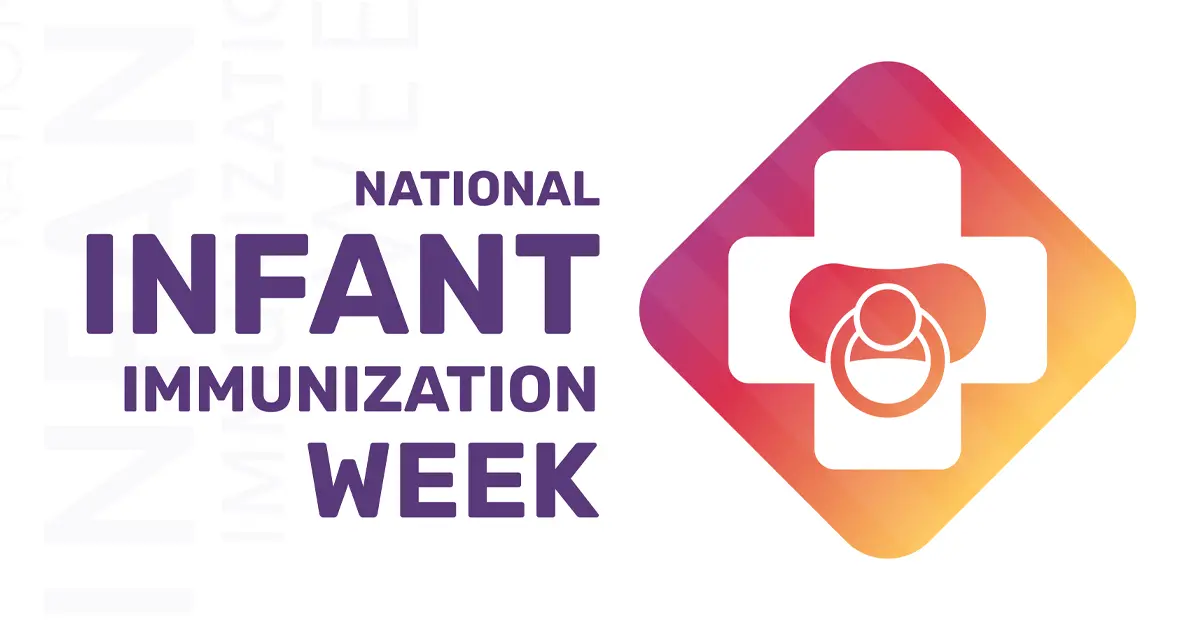
National Infant Immunization Week – Protecting Our Youngest
National Infant Immunization Week (NIIW), held annually in April, focuses on the importance of protecting infants and children up to two years old from vaccine-preventable diseases (VPDs). This year, NIIW takes place from April 22-29, 2024, and serves as a crucial time to remind parents and caregivers about the critical role vaccinations play in early childhood health. This blog is brought to you by Pillar Health and Kenosha Community Health Center, who are committed to the health of young families in Kenosha, Racine, and Walworth Counties.
Why Focus on Infant Immunizations?
Vaccines are a great way to protect your kids from serious diseases that used to make a lot of people very sick or even cause death. During National Infant Immunization Week (NIIW), health groups remind us how important it is to get babies and young children their shots on time. If vaccines are delayed or missed, kids might catch dangerous illnesses like measles, mumps, rubella, and whooping cough.
What Parents Should Do During NIIW
- Review Vaccination Records: Make sure your baby’s shots are up to date, following the schedule the CDC recommends.
- Schedule Well-Child Visits: If you’ve missed any doctor visits, now is a good time to catch up. These check-ups are important for getting vaccines and for overall health checks.
- Educate Yourself and Your Community: Learn about how safe and important vaccines are. You can trust information from the CDC, the American Academy of Pediatrics (AAP), and your doctor. Sharing what you learn can help clear up wrong ideas and encourage others to vaccinate their kids.
- Advocate for Immunizations: Talk about your own experiences with vaccinating on time. Sharing your story can inspire other parents to make sure their kids get their shots according to the schedule.
Comprehensive Vaccination Schedule for Infants and Children
Here’s a simple guide to when kids should get their shots from birth up to 6 years old:
- Birth: Hepatitis B (HepB) – first shot given within 24 hours of birth.
- 2 months: DTaP (Diphtheria, Tetanus, and Pertussis), Rotavirus, Poliovirus, Hib (Haemophilus influenzae type b), Pneumococcal, and Hepatitis B.
- 4 months: DTaP, Rotavirus, Poliovirus, Hib, and Pneumococcal.
- 6 months: DTaP, Poliovirus, Hib, Pneumococcal, Rotavirus, and Hepatitis B (3rd dose).
- 12 months: MMR (Measles, Mumps, and Rubella), Varicella (Chickenpox), Hepatitis A, and additional doses of Hib and Pneumococcal.
- 4-6 years: DTaP, Poliovirus, MMR, and Varicella.
National Infant Immunization Week is a special time to remember and promote the importance of vaccines in keeping our youngest children safe from serious diseases. Keeping up with the vaccination schedule is essential for a healthy start in life. Pillar Health and Kenosha Community Health Center are here to support families during this important week and always, ensuring that children in Kenosha, Racine, and Walworth Counties get the best protection against diseases that vaccines can prevent. Join us in observing NIIW by making sure your child’s vaccinations are current, and help spread the word about the importance of early immunization for a healthy future.
 More Than Just a Clinic Visit
More Than Just a Clinic Visit
We have a very special Pediatric Nurse Practitioner named Jenell Jackley who knows a lot about kids from when they’re babies until they grow up. She’s good at helping families with anything they need for their kids’ health. She enjoys working with parents to make sure their child is growing and developing as expected and meeting his/her developmental milestone. Jenell knows that sometimes kids get sick or hurt, or they might have a tough time with something they’re trying to learn. She’s here to help with all of that, too.
Call 262-656-0044 to make an appointment today!
HELP MAKE THE EXPERIENCE LESS STRESSFUL
These tips can help make the vaccination experience less stressful for both the child and the parent.
Be Prepared:
Before the visit, read up on the vaccines your child will receive. Understanding what to expect can help you feel more at ease.
Use Comforting Techniques:
Hold your child on your lap during vaccination. For babies, swaddling, breastfeeding, or offering a bottle during the shot can be soothing.
Distract and Comfort:
For older children, bring along a favorite toy, book, or blanket. Talking calmly, singing, or playing music can also help divert their attention away from the discomfort.
Stay Calm:
Children often react to their parents’ emotions. Staying calm and using a soothing voice can help reassure your child.
Pain-Reducing Options:
Ask your doctor about ways to reduce pain associated with vaccinations, such as numbing creams or a different injection technique.
After the Visit:
After the vaccination, comforting your child with hugs or play can help them recover from the stress of the visit. Monitor for any reactions and use a cool, wet cloth to reduce soreness at the injection site.
Do not wait to schedule your appointment.
Kenosha Community Health Center has many appointment options in Kenosha and Silver Lake to meet your needs.
Schedule An Appointment

